The pattern ahead of the annual UN climate conference in November 2019 (COP-25, Madrid) was spectacularly familiar:
- over 25,000 participants;
- worrying reports from climate scientists;
- more public anxiety about climate change;
- mobilisation of civil society, with youth to the fore;
- exhortations from the UN Secretary-General;
- an urgent need to ‘close the gap’ between states’ pledges and what is needed collectively;
- an inspirational slogan: ‘time for action’.
Yet for the longest COP in history, going nearly two days over time, the Madrid outcome was very far from meeting these expectations.
So, what are the unlearned lessons we need to draw, from the UN climate negotiation process, to date?
Madrid followed the pattern of climate negotiations rarely failing to disappoint – of which the most spectacular illustration was the 2009 Copenhagen meltdown. The only two COPs in recent years that broke with the tradition were COP 21 in Paris in 2015, which defined a new climate regime, enabled by another one that agreed the mandate that led to it – Durban in 2011.
The French president, Emmanuel Macron, did not go to Madrid, arguing that this would be a ‘technical COP’. Beneath all the pre-conference rhetoric, he was right. Some decisions were needed to make the Paris Agreement fully operational from the end of 2020. Elaboration of the reporting and transparency rules – in other words how countries report their contributions to the global effort and what scrutiny they are subject to – is important in the absence of a legally binding compliance mechanism. The framework for international carbon markets, a subject which had been troublesome for years before, remains unresolved.
The usual inflated expectations – inflated not in relation to the seriousness of the climate crisis but rather to what was feasible for this conference – proved counterproductive. It should have been obvious from the UN summit earlier in the year that most major emitters, on whom the achievement of Paris Agreement goals depends, were unlikely to raise their ambition at the COP. Entertaining hopes that they would was calculated to accentuate the sense of failure when they didn’t.
What about the negotiating process itself? Since 2005, when this phase of negotiations began, there has been a proliferation of often overlapping subjects with their attendant bureaucracy. Adaptation, technology, capacity building, a green climate fund, response measures, loss and damage to name some. All these subjects have at least one and sometimes several bodies that require governance arrangements, secretariat support and of course yet more meetings. Psychologists might term these displacement activities, substituting for lack of progress on the too-hard tasks of reducing emissions and shifting from fossil fuels to renewables.
Madrid saw a reversion to another shortcoming of the negotiations – pervasive and inappropriate North-South contests even over quite minor issues, a throwback to the Kyoto era. This binary approach had been a long-term hindrance to progress until it was much softened in the lead-up to Paris.
But there are more fundamental lessons. It is no longer possible to view the United Nations framework of nation states as the determinant of global action on climate change. Yet the ‘top down’ model of a legally binding agreement with obligations cascading down to the level of nation states then to sectors of the economy persists, even though the Paris Agreement does not follow the model.
Absent from this model is the role of non-state actors, which needs more recognition to reflect the role they are already playing and will need to play in the future. The US group ‘We Are Still In’ formed in 2017 after the Trump administration’s announcement it would withdraw from the Paris Agreement has continued to grow. It includes cities, states, businesses and non- governmental organisations and now embodies 70% of US GDP, over half US emissions, and aims to meet the US target tabled by the previous Administration. If it were a state this group would rank among the three largest economies along with the US and China. Numerous international alliances of non-state actors were also present at Madrid. The common view of these participants was that the global transition was going to happen, that they needed to plan for it, and so were taking action autonomously.
The Paris Agreement provides some clarity – a temperature goal, getting to a point of no additional warming well before the end of the century, and the need for long-term transition plans. It also acknowledges the equal importance of principles of adaptation and finance – an implicit recognition of the responsibility of developed countries towards poorer countries. It recognises, albeit somewhat timidly, the role of non-state actors. This amounts to the most important statement of the problem and how it needs to be dealt with since the original framework convention back in 1992.
Since 2015 the Paris Agreement has been remarkably successful in encouraging action despite slow progress in the international negotiations. Its universality combined with its unprecedentedly fast entry into force in under a year is a powerful signal. ‘Alignment with the Paris Agreement’ is proving a guiding principle for governments, business and other non-state actors alike and is something the general public can understand.
Acting consistently with the Paris Agreement is happening independently of legal obligations and does not need to await detailed rules from the UNFCCC. Getting to climate neutrality by 2050 is becoming a de facto standard for developed countries to meet – despite its not being decreed by the Paris Agreement. Judging progress solely in terms of relatively short-term targets and timetables is a relic from Kyoto era.
The global focus needs to be first on transitions – with targets and timetables serving a purpose of giving some consistency and tracking progress. The most effective way of ‘closing the gap’ will be by government, local government, business and civil society working together in the domestic environment in order to achieve a faster low carbon transition. Increasing pledges at UN climate conferences will thus be able to follow – reversing the presumption that domestic action follows international commitments.
There have been plenty of lessons from the recent history of climate change negotiations; few have been heeded. The negotiating process has not kept pace with changes in the external environment; it has frequently focused on the non-essential. The result is that the negotiations within the UNFCCC are becoming less and less fit-for-purpose; they have become a sort of complex perpetual motion machine which for the most part does not actually negotiate in the sense of making compromises to reach agreement. Entering the Paris era is the chance to do better.
Will Glasgow at the end of this year be a rerun of Madrid, or will making a tidy start to the Paris climate regime prevail? There is of course a new factor in play. The preoccupation with COVID 19 over the rest of this year, and the drain on public finances, may preclude big increases of ambition or of financial commitments from the ‘rich’ countries.
All the more reason to get the transition to the Paris era done smoothly, to reinforce public confidence.
A global stocktake under the UNFCCC is due in 2023. This is not far off, and it can be prepared by good coordination at home. With all Paris mechanisms operational, better coordination of states and non-state actors, and more experience of working together, the stocktake will have a good chance of increasing the pace of the transition.
Dr Adrian Macey was New Zealand’s climate ambassador (2010-16), including time as chair of the UNFCCC Kyoto negotiations at COP-17 in Durban. He was chair of the Centre’s Board from 2013 to ’18.

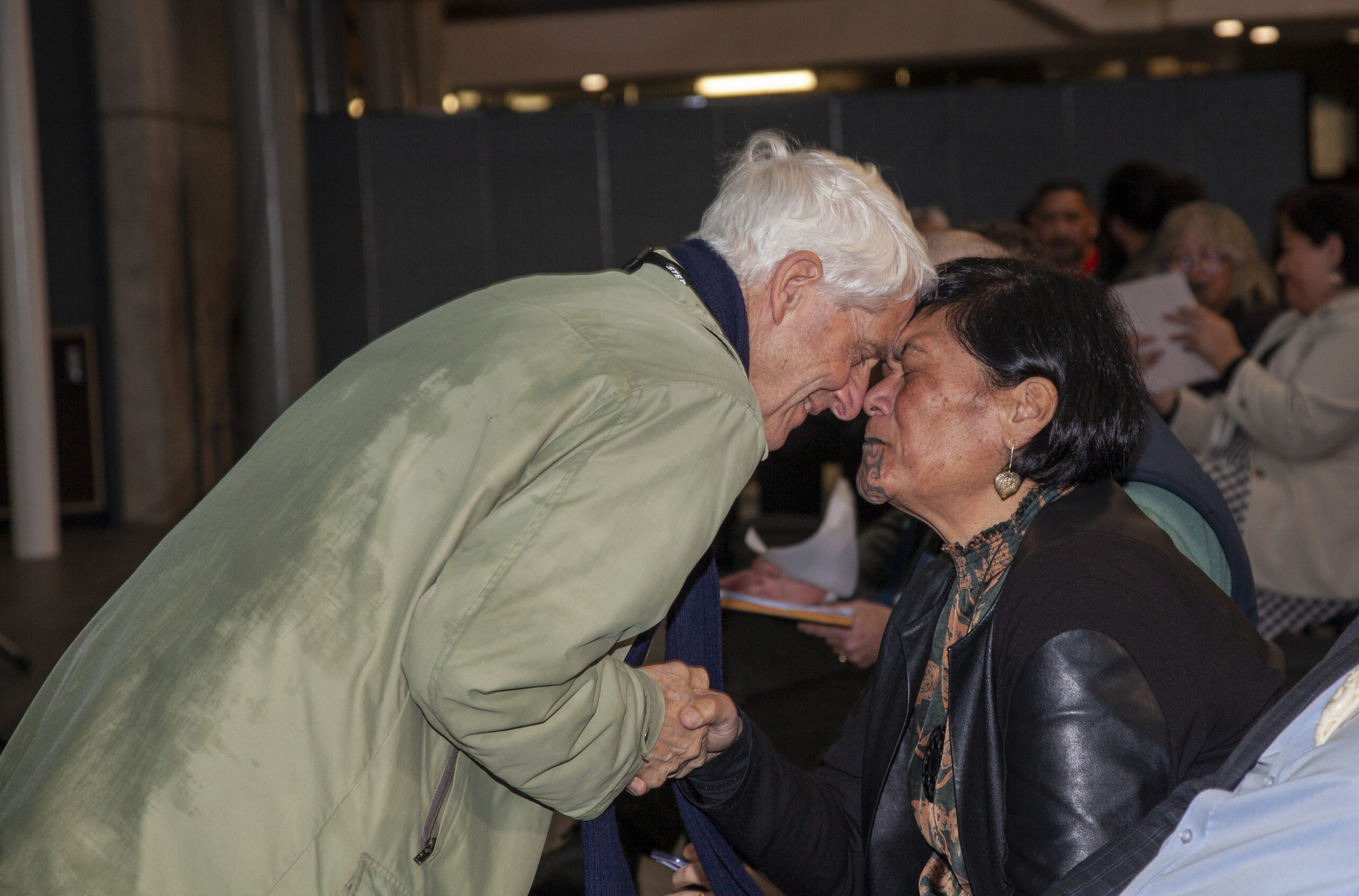
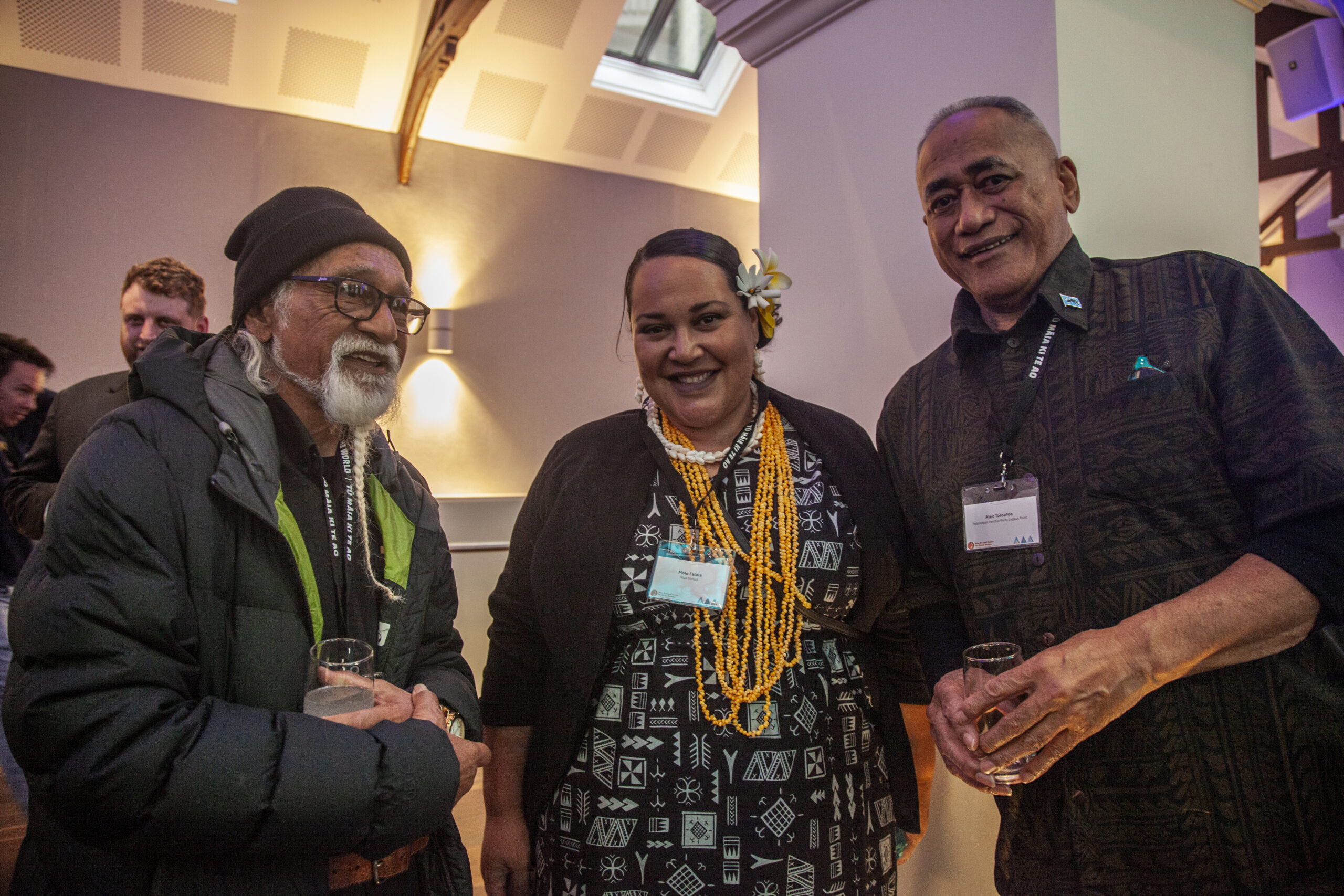
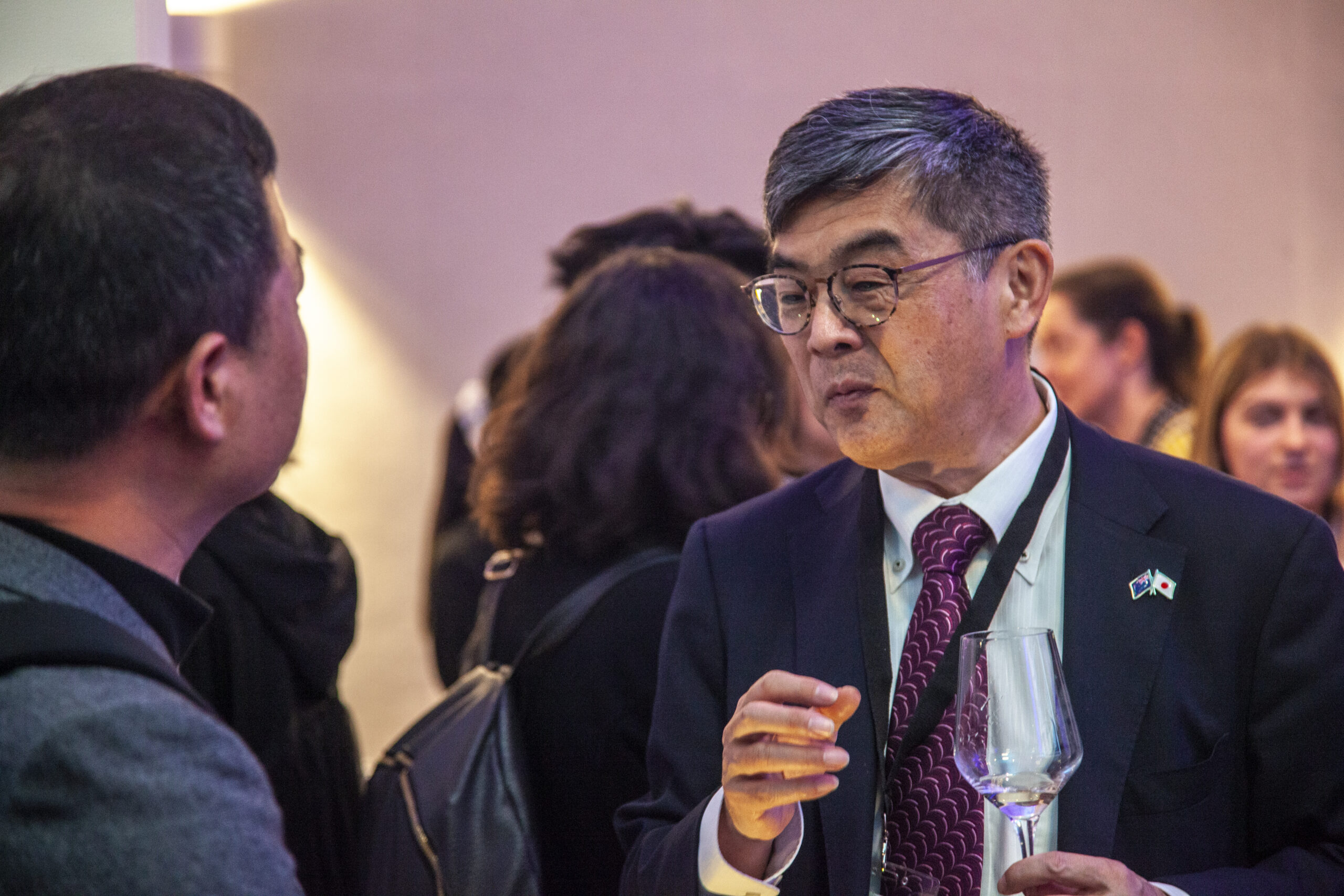
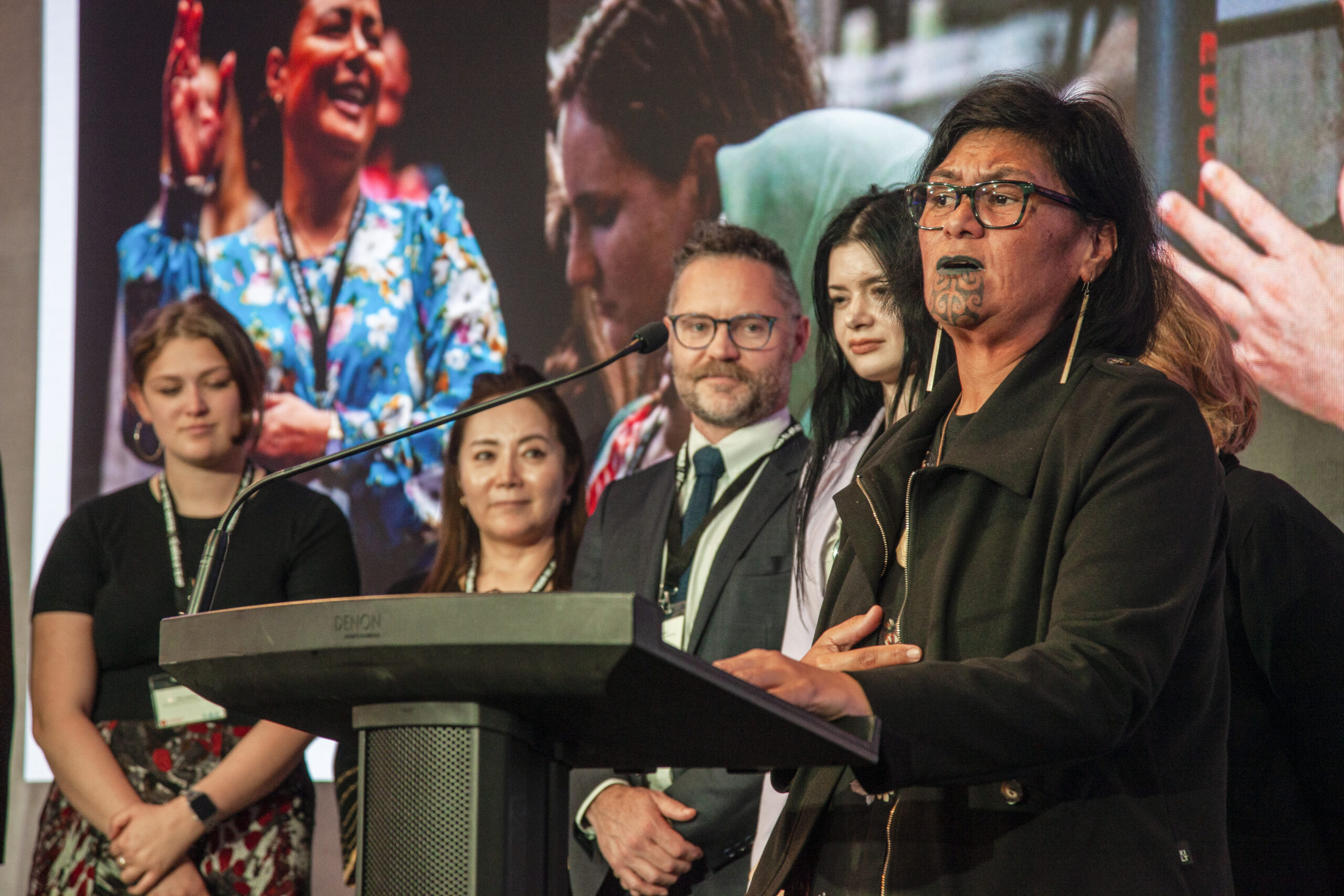
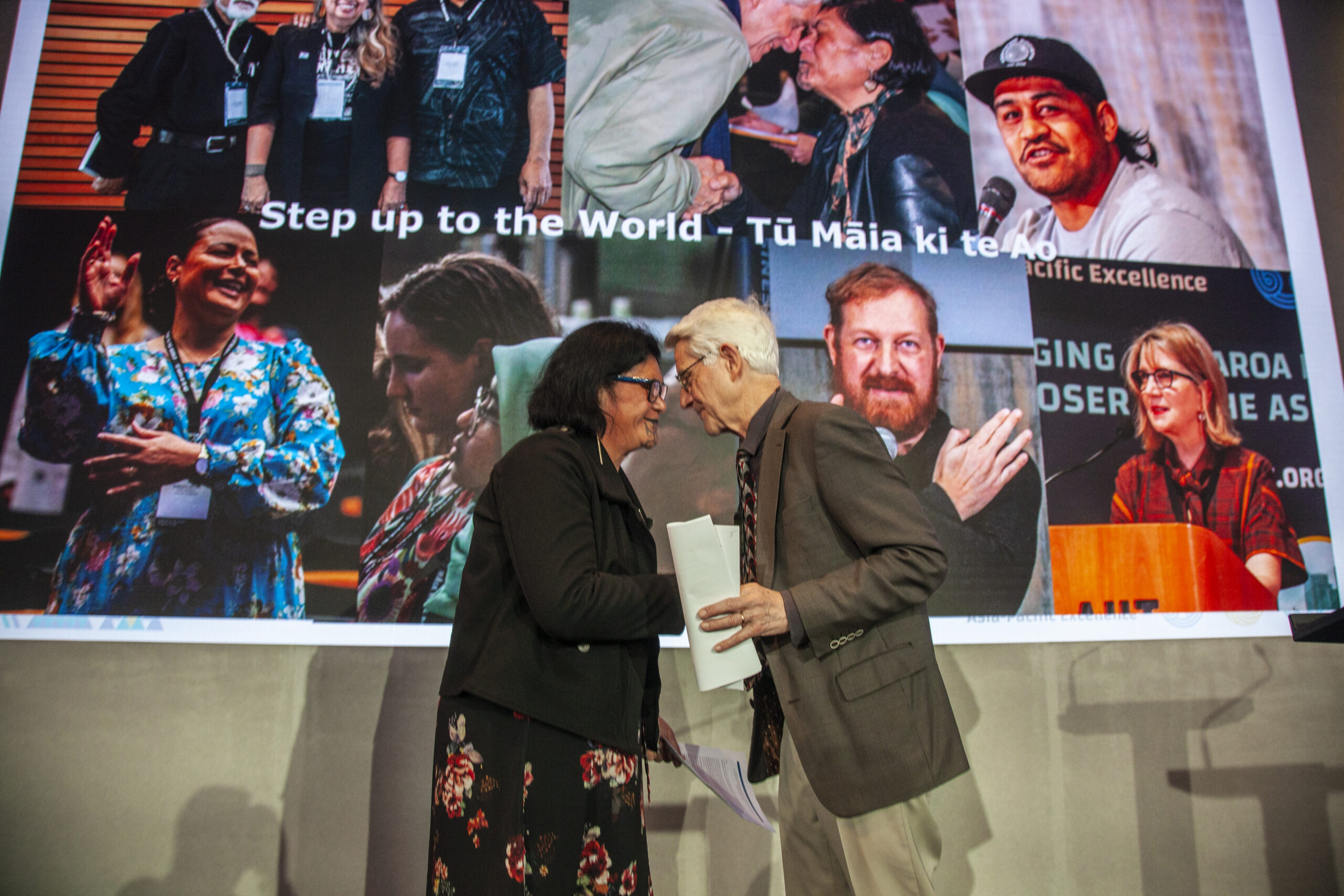
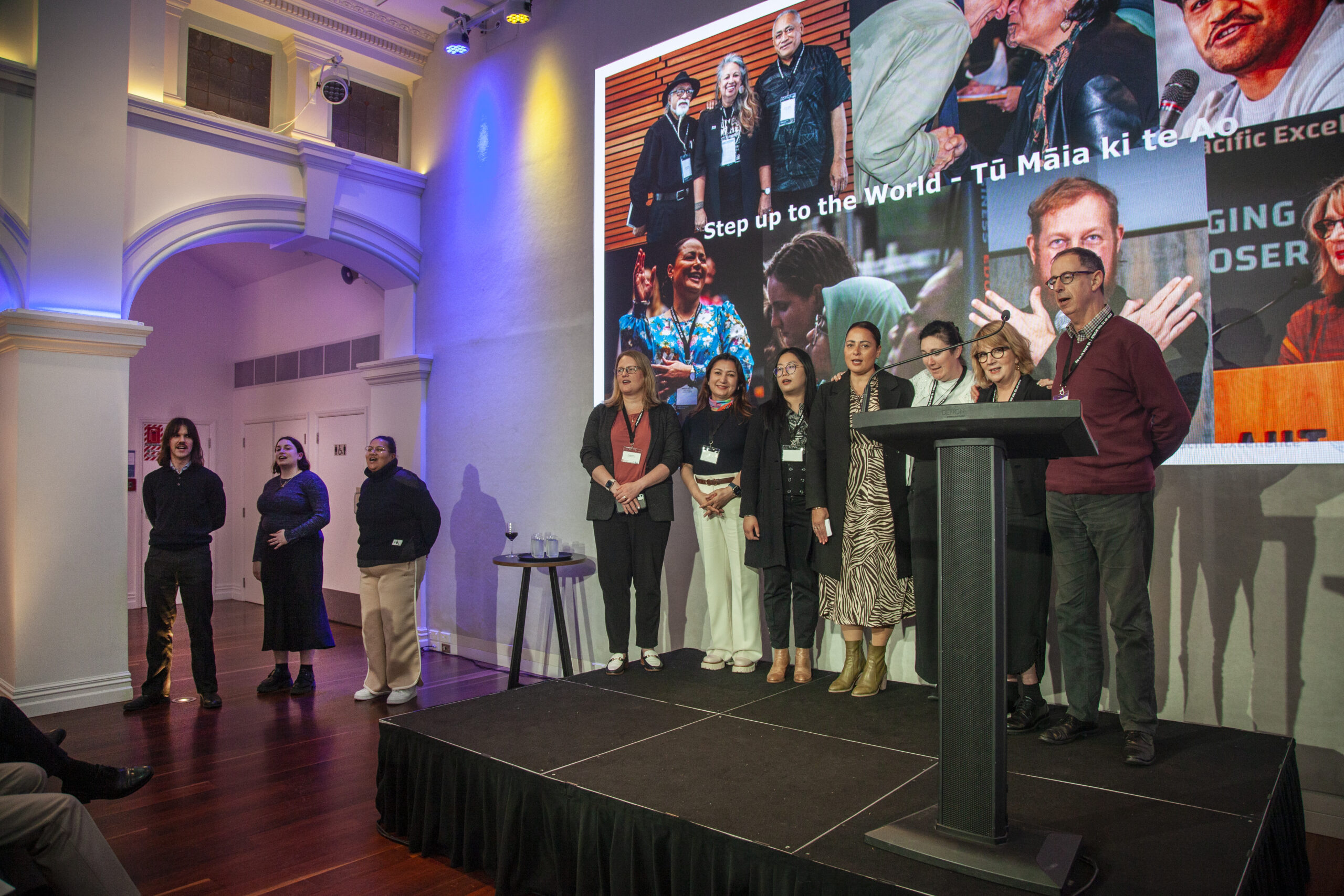
0 Comments